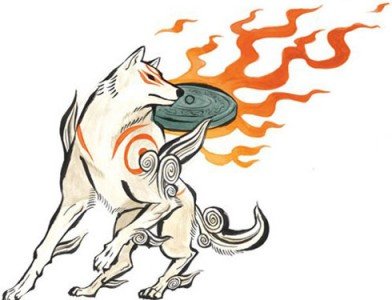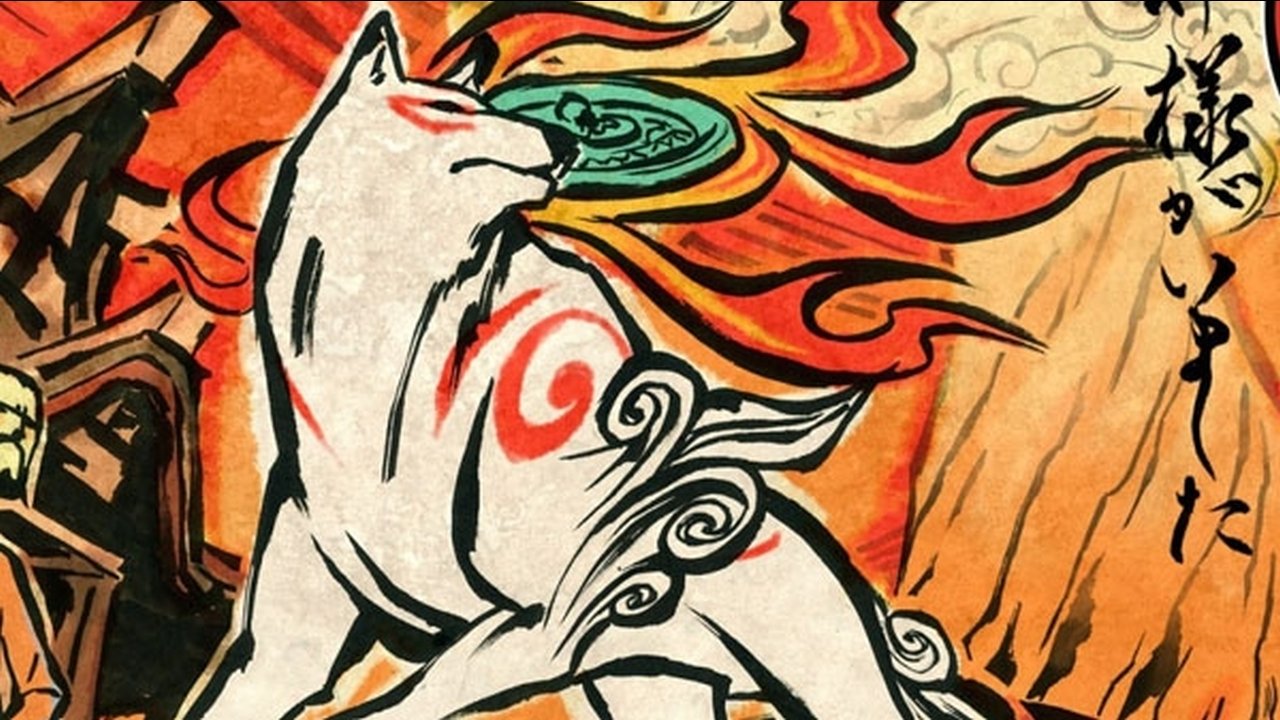I’m not entirely sure why it took me so long to notice this. While hop, skipping and jumping around with glee in anticipation of the Okami HD remastered edition, my thoughts wandered over to other characters that Japanese developers have created over the generations;
the Italian plumber Mario, American S.T.A.R.S officers like Jill Valentine and Chris Redfield, stealth soldier extraordinaire Solid Snake and the delightful, homicidal cheerleader Juliet Starling. The one thing that all these characters have in common is that they are non-Japanese protagonists created by Japanese developers.
Compare that with the characters developed by American studios; Master Chief, the American cyborg soldier, Marcus Fenix the futuristic soldier that somehow remains stubbornly American in a fictional world, Nathan Drake the cocky American treasure hunter and Gordon Freeman, an American physicist. There is an interesting choice at work in how Japanese developers choose their characters and the stories they tell, versus how western developers—primarily Americans—choose their own.
Part of this is marketing, of course. The North American gaming audience is huge, and the best way to appeal to that crowd is to give them something they are familiar with. American developers in this regard have an easy time of it; this is their culture so there’s little in the way of “homework” to do to ensure that the audience connects to the characters. The Japanese on the other hand have to work a little harder to ensure that Solid Snake doesn’t bow every time he meets someone, or that Jill Valentine removes her shoes when she enters someone’s home. But aside from the obvious, primary reason of financial gain, there are other more interesting factors that enter into the equation.
It’s interesting to note that Japan, unlike America, is a largely insular culture. It’s not a nation of immigrants, and as a result has had centuries to hone and shape its national character into a very specific regimentation that does not absorb change easily. America, forged as a colony and grown through migration, is a hodgepodge of different cultures that have all come together under one common language, but with many different beliefs and ideas. The result is that Americans tend to be more outgoing and globally oriented than their Japanese counterparts who seem far more focused on the affairs of their own society than the greater world beyond.
Despite this, or perhaps because of that strong mono-cultural presence, the Japanese have a deep fascination with other cultures, and with America in particular. While there is a replica Dutch village built in Nagaski, it is American popular culture like greasers, rock n’ roll, extreme sports and the military that have fascinated the Japanese for decades. It almost feels like the very uniformity of Japan’s society makes their creative talents hungry to explore the nuances of other people, while the very variety in American culture makes that society content to explore itself.
It’s created a bizarre situation where some of the greatest characters in the gaming world come from Japan… but none of them are Japanese. Most of the iconic Western gaming characters are obviously American, though some exceptions exist. Jordan Mechner created both the main character of Karateka and the much more popular Prince of Persia as distinctly non-American characters. Nico Bellic in Grand Theft Auto IV is a classic immigrant character—although his creator, the Houser brothers, are themselves British—and Manny Calavera from Grim Fandango is clearly a Hispanic character. American developers are capable of creating “foreign” characters too. It just makes far less business sense and seems less interesting for them to do so.




